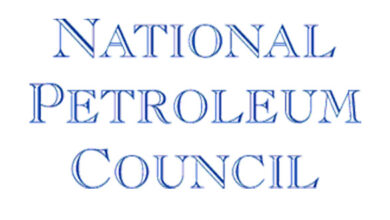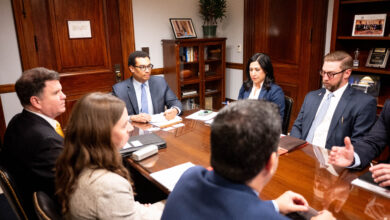5 principles to follow for reducing risk of anti-corruption violations
By Linda Hsieh, Managing Editor

In 2007, the US Department of Justice initiated an industry sweep targeting oilfield service companies, instigated by the government’s perceptions of the industry’s business practices. “In other words, it took a dim view of how we did business,” Brady Long, Ensco VP-General Counsel, said at the 2014 IADC Drilling Africa Conference in Paris on 1 October. Since then, the industry has come a long way in developing a sense of trust – not only between contractor and operator but also between contractor and regulator. “That’s not something we often think about, but that has a lot to do with the way anti-bribery laws are enforced around the world,” Mr Long said.
At the same time, anti-corruption in itself has become big money – both for the government and for whistleblowers. Under the US Foreign Corrupt Practices Act (FCPA), more than $4 billion in fines and penalties have been paid to the US government in just the past decade, Mr Long pointed out. And just last month, the US Securities and Exchange Commission announced it was paying a whistleblower $30 million for providing critical information in an ongoing fraud case. “That’s exactly what the US Congress had in mind when they adopted the Dodd-Frank Act,” he said. “They set up this whistleblower program so people would be incentivized to call out instances of bribery and other forms of violations of US securities laws.”
With stringent anti-corruption laws around the world along with an increasing enforcement environment, companies must take steps to mitigate their risks. Mr Long suggested five key principles to keep in mind:
- Know your locations. Mr Long stressed the importance of getting on-the-ground intelligence from people who truly know the business. In some countries, having a local partner is a must – someone who can provide local expertise and relationships. “The problem occasionally is that understanding the ownership of your local partner can be thorny and can take time… It can take a lot of due diligence to get to the bottom of who you’re really doing your business with. That’s certainly something we can all accomplish with planning.”
- Know your controls. These include disbursement policies, vendor selection, certifications and systems for reporting violations. Knowing the approval authorities within your company is also important – who can approve what for what purpose. “These are simple things, but they get companies in trouble from time to time,” Mr Long said.
- Know your business. This includes knowing what your corruption risks are – which relationships with government officials are vital and how to ensure strong relationships without crossing the line. “Also, know your business vulnerabilities – to what extent are you planning, communicating and thinking ahead to try and avoid last-minute issues arising in government offices? That tends to be one of the precursors to a bribe request. Something arrives late, something is not planned for, a shortcut needs to be taken – it puts you in a position of having to make a choice that you don’t want to have to make,” Mr Long said.
- Know your employees. In addition to the basics such as language and professional/educational backgrounds, people’s perceptions of bribery vary significantly around the world. “It’s worth understanding to what extent there’s a gap between your company’s expectations for compliance and your employees’ natural views about it,” he advised. “Do people really understand that the rules are there to follow and not just there as guidelines?”
- Know your vendors. “Most of the time these days, compliance issues arise not from employees directly but from intermediaries. It’s critical that you know who they are and know that they’re going to do the right thing,” Mr Long advised. “Make sure you have vendors with the right reputation – somebody who is going to match your standards of quality and excellence.”




